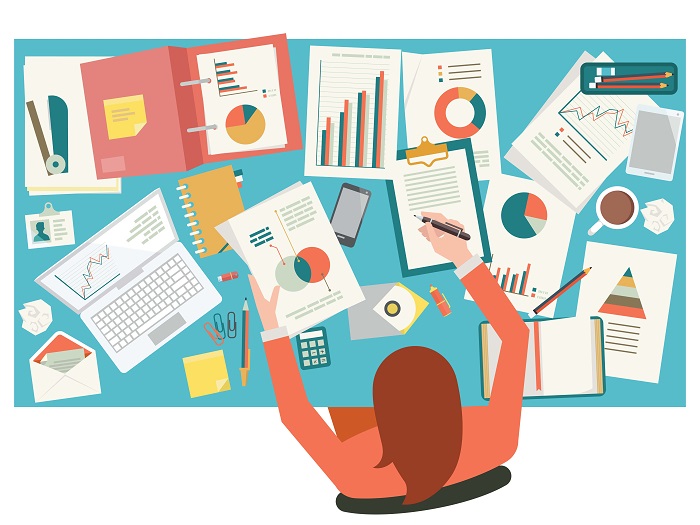London: Children learning to use tools are genuinely learning about physical causation, not just driven by what action previously led to a treat, a new study has claimed.
“This suggests that, remarkably, children begin to emphasise information about physics over information about previous rewards from as young as seven years of age, even when these two types of information are in direct conflict,” said co-author Lucy Cheke from the Department of Psychology at the University of Cambridge.
For the study, published in the journal PLOS ONE, researchers investigated children aged between 4-11 with a task through which they must retrieve a floating token to earn sticker rewards.
Spreading fake news to smear rivals may backfire, warn researchers
Each time, the children were presented with a container of water and a set of tools to use to raise the level.
In this test, some of the tools were ‘functional’ and some ‘non-functional’.
Functional tools were those that, if dropped into a standard container, would sink, raising the water level and bringing the token within reach; non-functional tools were those that would not do so, for example because they floated.
Sleeping less than eight hours a night can lead to depression
However, sometimes the children used functional tools to attempt to raise the level in a leaking container — in this context, the water would never rise high enough to bring the token within reach, no matter how functional the tool used.
At other times, the children were successful in retrieving the reward despite using a non-functional tool.
After these learning sessions, the researchers presented the children with a standard water container and a series of choices between different tools.
From the pattern of these choices the researchers could calculate what type of information was most influential on children’s decision-making: reward or function.
The researchers showed that information about reward was never a reliable predictor of children’s choices. Instead, the influence of functionality information increased with age — by the age of seven, this was the dominant influence in their decision making.
IANS


















